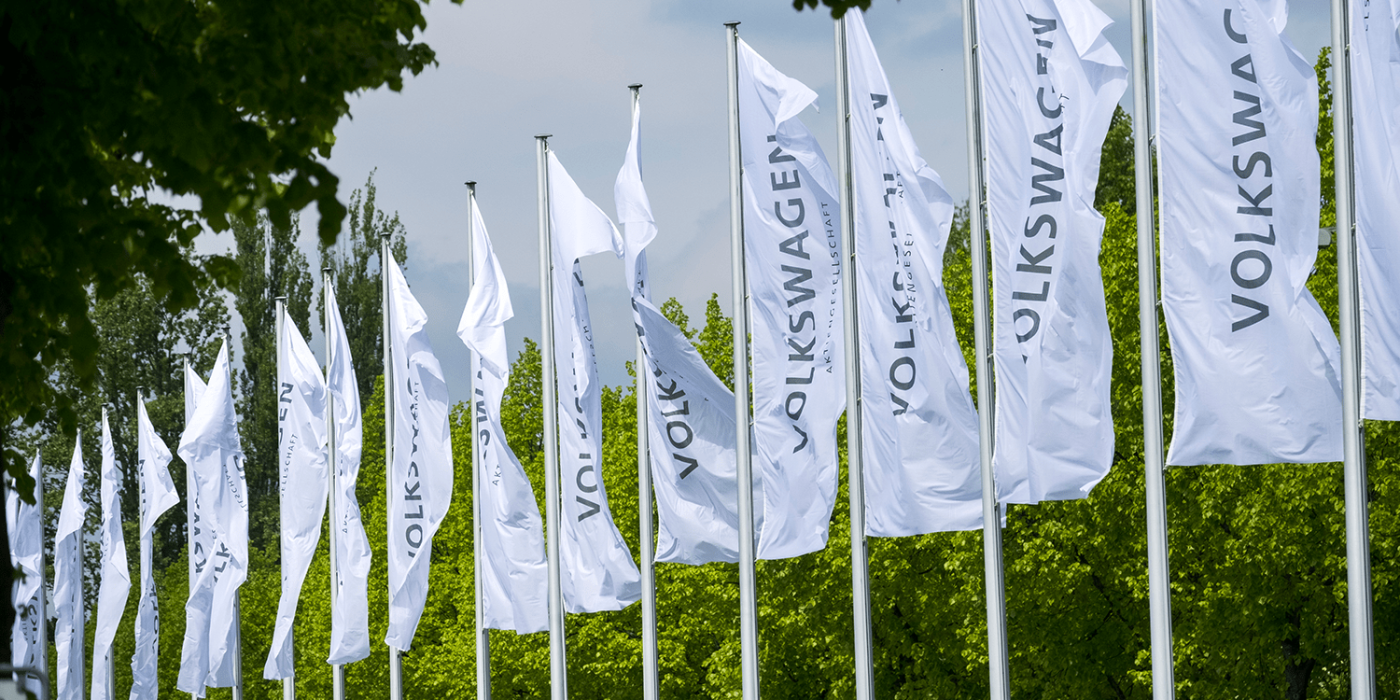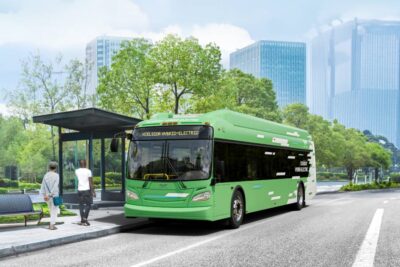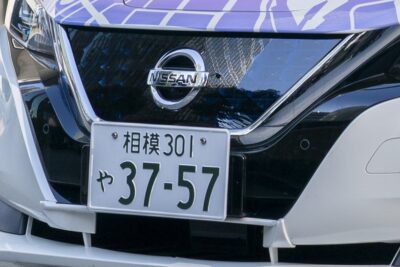VW sales strategy to focus on volume models and synergies
Volkswagen has presented the key points of the planned savings programme for the core brand VW in order to increase its profitability and generate money for investments in the transformation to e-mobility. One of the goals: The brand is to achieve a return on investment of 6.5 per cent by 2026.
This target return is also reflected in the name of the savings programme, which goes by the name “Accelerate Forward | Road to 6.5”. Also for 2026, the core brand wants to show an improved result of around ten billion euros in the balance sheets – primarily through more efficiency and savings. This had already leaked out a few weeks ago: at the end of May, the German publication Handelsblatt wrote of a multi-billion euro savings programme and preparations for a “far-reaching restructuring” of the core brand.
Volkswagen has now officially announced that all measures are to be in place by October 2023 in order to achieve the two financial targets mentioned. The programme will be implemented on two levels. The Wolfsburg-based company describes the first level as “major fields of action within the brand”, i.e. measures in the areas of administration, technical development, material costs, products, prices/mix, vehicle construction, sales and quality. “Each field of action pursues specific goals and measures and thus contributes to the fulfilment of the programme goals in terms of costs and earnings,” the company explains.
The second level is dedicated to cross-brand and cross-divisional projects. Volkswagen speaks of “flagship projects spanning multiple action areas” and are intended to ensure greater efficiency and more profit. The buzzwords mentioned are reduction of complexity and variants, sales model, reducing red tape as well as product and yield optimisation – “in the two primary toolkits, the Modular Transverse Toolkit (MQB) and the Modular Electric Drive Toolkit (MEB)”, the Group adds, without giving further details.
Elsewhere, Volkswagen is getting more specific: VW wants to concentrate more on volume models and models of low volume (“such as the Arteon”) will no longer get successor models. In addition, the carmaker is pursuing the reduction of variants: “In the case of the ID.7, for example, this means 99 per cent fewer configuration options compared to a Golf 7,” it says. In addition, the company wants to optimise the capacity utilisation of its plants worldwide in order to increase profitability and to be able to react more flexibly to fluctuations in demand and the market.
Another central lever is the Brand Group Volume (MGV), in which VW Passenger Cars, VW Commercial Vehicles, Seat/Cupra and Skoda work together. According to the manufacturer, production within the MGV is to be more consistently oriented towards multi-brand plants and vehicle platforms in the future – for example, within the framework of VW’s planned entry-level electric car around 25,000 euros. The after-sales business of the brands is also to be more closely integrated. Seat/Cupra will be in charge of this.
The savings programme will be driven by a “lean Project Management Office (PMO)” headed by Stephan Wöllenstein. By mid-September, Volkswagen intends to define concrete measures in consultation with the employee representatives. The programme should then be completed in all its details and measures by October 2023 and culminate in an agreement with the employee representatives during the next planning round of the Group.
One thing is clear: VW needs a lot of money for the transformation to electric mobility – especially for the core brand with its high sales figures, many e-models have to be developed and the plants converted within a few years. At the same time, the development of the company’s own battery production and the Cariad software division will cost billions more. While other group brands such as Audi and Porsche are earning well in higher segments despite the transformation, the margin at the core brand has been in the 3.2 to 4.3 per cent range since 2018 (with the exception of 0.6 per cent in the Corona year 2020). For the current year, VW brand boss Thomas Schäfer is aiming for more than four per cent.
Schäfer now also officially says that the decision to launch the new programme followed an analysis of the challenging market environment and economic situation. “The program is the number one priority for the entire Board of Management. We must build new strength for the Volkswagen brand and position it robustly for future growth, which is why we are now getting an enormous concerted effort off the ground. We need to achieve a sustainable return on sales of 6.5 per cent in the Volkswagen brand. Achieving this in 2026 is very ambitious, but feasible if we pool our efforts.”





0 Comments